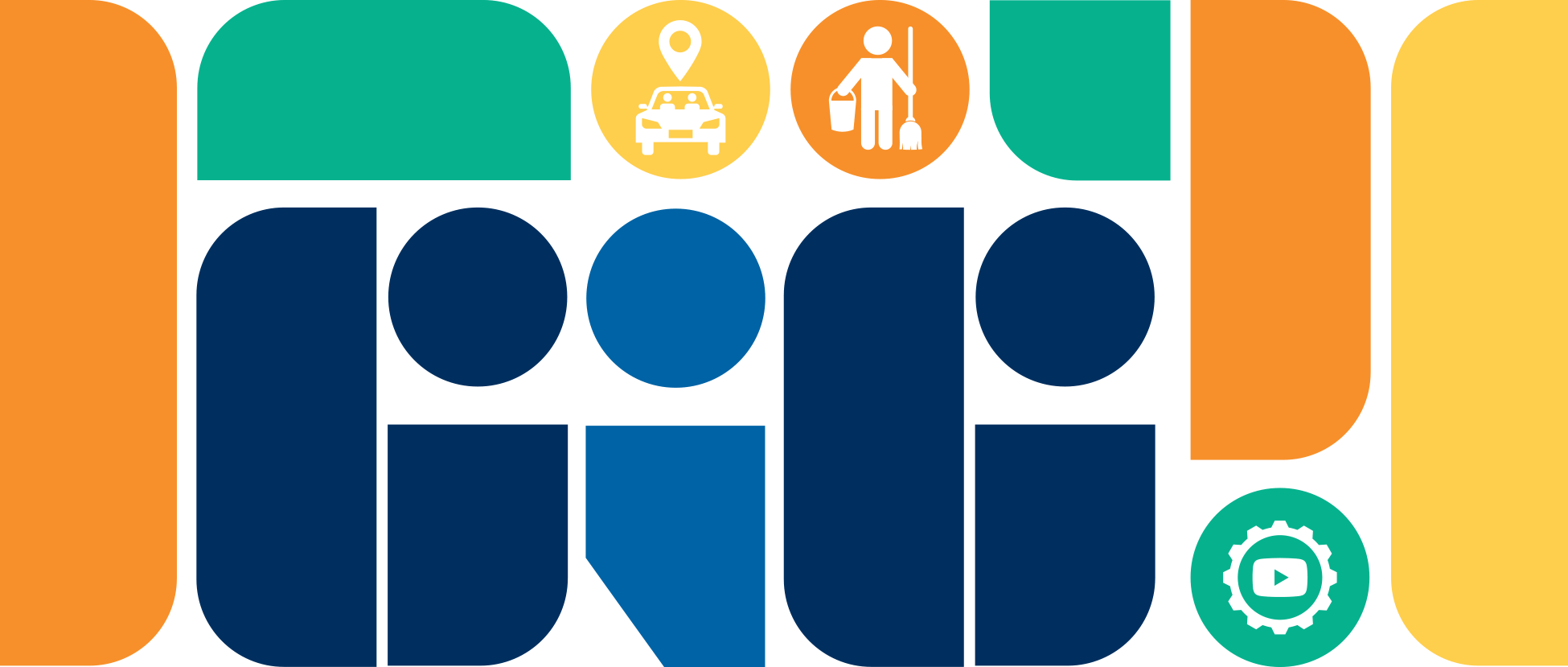One of my colleagues was giving an update about a meeting she had recently. The topic of basic income came up. “I don’t know what it is, but I know I don’t like it,” said the person. Our team has heard this type of response in a variety of forms. But, the United States has conducted numerous basic income experiments since the sixties, Canada already has a form of basic income for seniors and children, and evidence shows that basic income is an opportunity to reduce red tape. So, everyone must know about basic income.
Or, do they?
Recently Canadian Senators were inundated with emails asking them to reject a bill to study basic income. Why? Some were concerned about it dismantling the social safety net, others had darker views. One thing they all had in common – they had nothing to do with basic income.
Basic income is a monthly, upfront cash payment delivered unconditionally to individuals to cover the essential costs of living, helping people meet their basic needs regardless of work status. It provides a minimum income and unlike social assistance, eligibility is based solely on income. Under the security of a guaranteed basic income, workers have options to pursue education to improve their job situation; someone experiencing domestic violence would have financial options to leave a bad situation; or someone with an entrepreneurial mindset could go off on their own and start a business.
Sounds interesting, right? But there are always questions. Would it be too costly, or wouldn’t some people take advantage? Policy and research specialist, Lee Stevens answers these questions in Myth-busing Basic Income and check out the resources below.
Resources
- These experts say it’s time for guaranteed liveable basic income.
- Basic Income Alberta and Basic Income Calgary bring the western prairie perspective to the Basic Income Cross Canada Coalition and UBIWorks.
- The case for universal basic income in post-pandemic Canada discusses a landmark basic income experiment in Manitoba.




